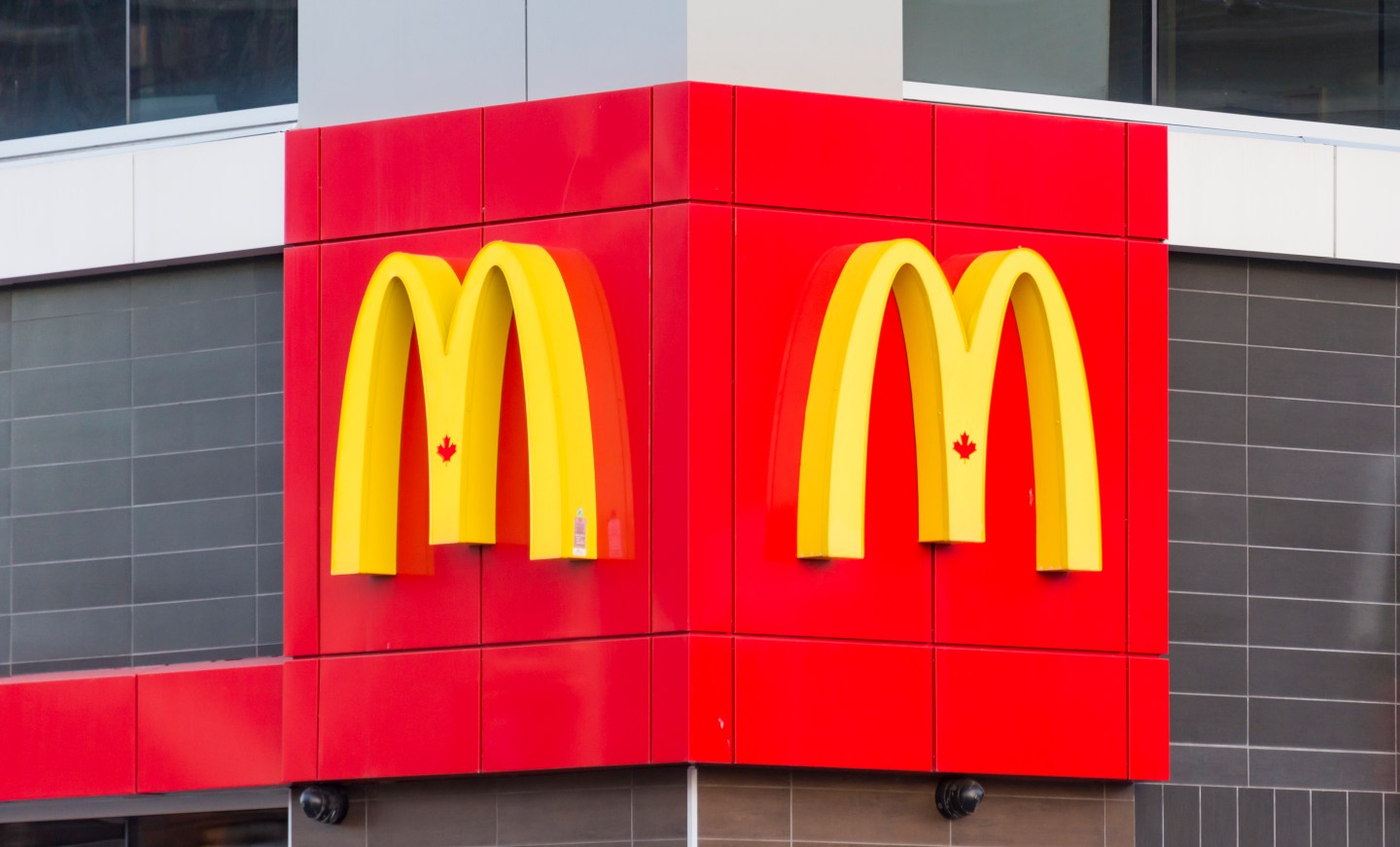Investors are still willing to bite into large bond offerings.
A debt deal for McDonald’s this week drew almost $40 billion of orders for a $6 billion offering, despite the fact that restaurant is in the middle of a turnaround. The company’s credit rating was recently downgraded to Baa1/BBB+ by Moody’s and S&P.
The borrower began building its order books with initial price thoughts that implied generous new issue concessions of around 0.4 percentage points less than similar trading bonds. A rush of orders followed, enabling McDonald’s to lower the interest rate it was offering by nearly 0.3 percentage points, pulling within 0.1 percentage points of similar bonds.
Final books were $38.7 billion, with orders of between $8.6 billion to $9.8 billion on each of the 5, 10 and 30-year tranches.
That was a good result for McDonald’s (MCD), whose ambitious turnaround plan is starting to take hold–and especially as it sacrificed ratings to return money to shareholders.On November 10, the company said it planned to issue debt to finance an additional $10 billion cash payment to shareholders by the end of 2016–a decision that triggered the downgrades.
“There had been some negative headlines around MCD, and that is one of the reasons I think they started so wide,” said a banker away from the deal. “They were extremely conservative.”
In an effort to keep concessions at a reasonable level, the banker said, McDonald’s kept the size of the bond at $6 billion–even though there was scope for a much larger deal.
“They didn’t want to pay up too much,” a banker said. “To do $10 billion, they would have had to come with a larger concession.”
Part of the reason for the strong demand, another banker said, is that investors had become more comfortable with the company’s turnaround strategy. McDonald’s recently said it will not spin off its properties into a real estate investment trust, easing investor concerns that it might mimic Yum Brands, a banker said, in taking drastic action to please shareholders.
Rival fast food giant Yum, which has KFC, Taco Bell and Pizza Hut under its umbrella, announced a spin-off of its fast-growing Chinese business.Yum’s move sparked a downgrade to junk as well as a sharp widening in its bond spreads.Another banker said leveraging up to please shareholders was less of a worry than other risks.
“One of the reasons people want to buy bonds that finance M&A is because they are buying after spreads have widened, near the peak,” a senior banker said. “It was a similar case for McDonald’s.”
Bank of America Merrill Lynch, Goldman Sachs, JP Morgan and Morgan Stanley were bookrunners on the trade.












